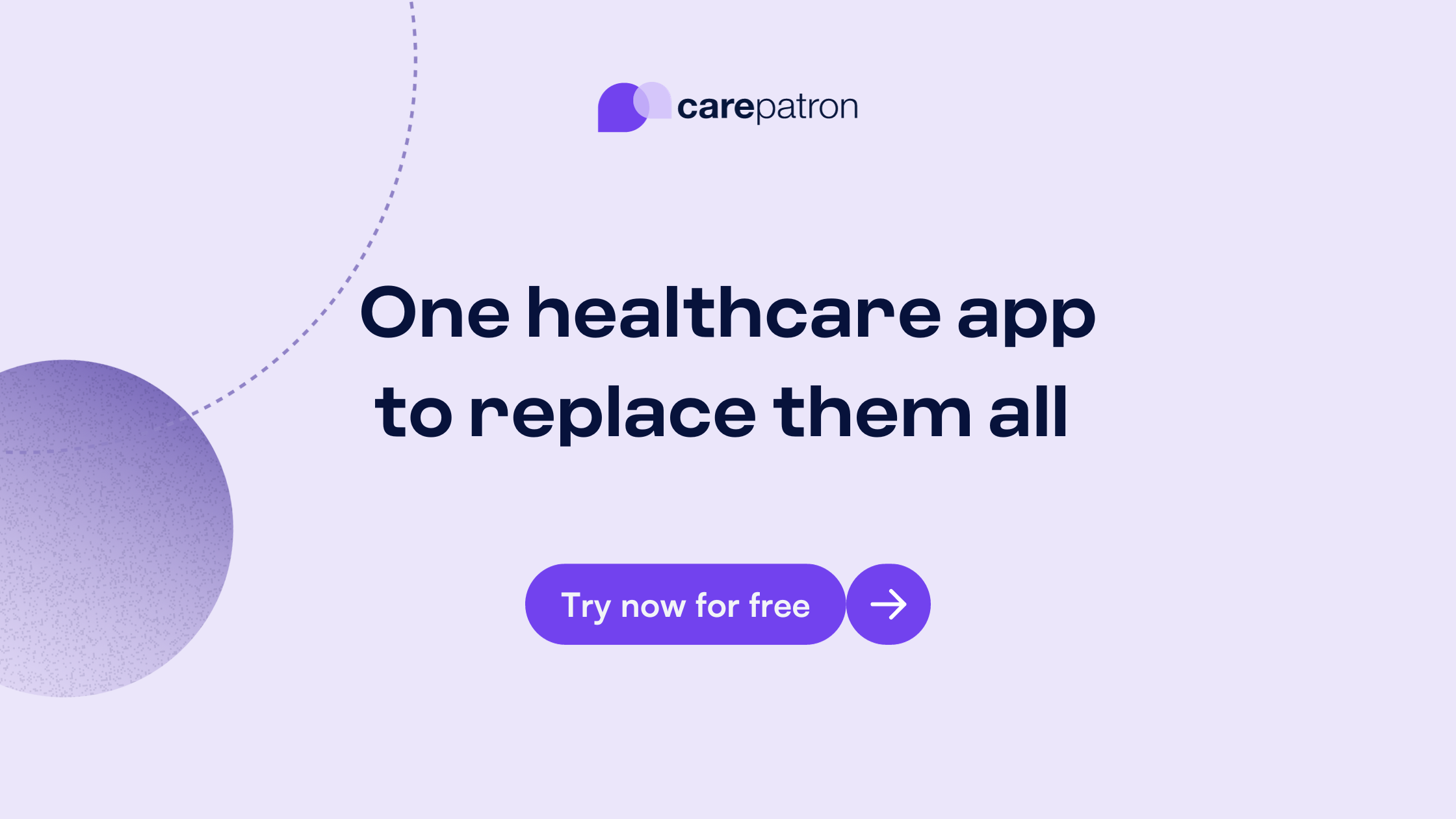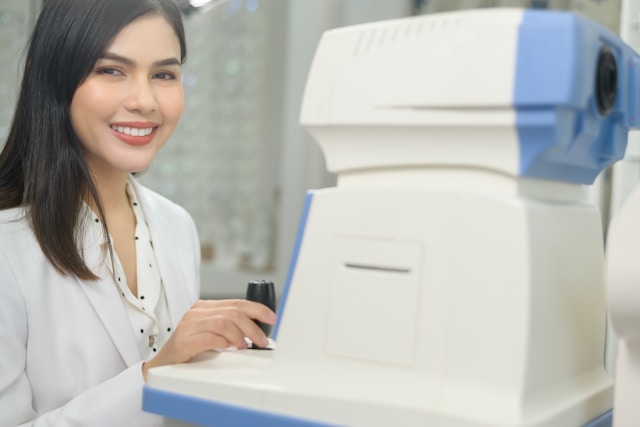Introduction
What is ChatGPT, and how is it transforming healthcare? ChatGPT is a sophisticated artificial intelligence (AI) model designed to understand and generate human-like text. Trained on vast amounts of data, it belongs to the category of large language models and offers numerous applications in healthcare.
ChatGPT enhances medical education, supports clinical decision-making, and assists in medical writing. Medical professionals and students can use it to deepen their understanding of complex topics, while researchers benefit from its ability to sift through extensive medical literature efficiently.
This AI tool can aid in writing patient clinic letters and generating medical information, contributing to improved communication within healthcare systems. However, its integration raises ethical concerns about patient data privacy, the reliability of AI-generated information, and potential biases in training data.
Despite these challenges, ChatGPT shows promise in supporting clinical decision-support systems and helping medical professionals make informed decisions.
How healthcare professionals use ChatGPT
Healthcare professionals are increasingly leveraging ChatGPT to enhance various aspects of their work. From medical education to clinical decision support, this AI tool offers a range of applications that improve efficiency and patient care.
Medical education
ChatGPT helps medical students and professionals access and understand complex medical information, facilitating continuous learning and training.
Medical writing
Medical professionals use ChatGPT to assist in writing patient clinic letters, research papers, and other medical documents, ensuring clarity and accuracy in communication.
Clinical decision making
By providing clinical decision support, ChatGPT aids healthcare professionals in making informed decisions, utilizing vast amounts of medical literature and data.
Administrative tasks
Healthcare systems benefit from ChatGPT's ability to handle administrative tasks such as appointment scheduling and patient data management, freeing up time for medical staff to focus on patient care.
Research and medical literature
Medical researchers use ChatGPT to quickly sift through extensive medical literature, identifying relevant studies and data for their research projects.
By integrating ChatGPT and other large language models into their workflows, healthcare professionals can enhance efficiency, improve patient outcomes, and stay at the forefront of medical innovation.
Drawbacks and considerations of using ChatGPT in Healthcare
While ChatGPT offers numerous benefits in the medical field, some significant drawbacks and considerations must be addressed to ensure its effective and ethical use. These challenges highlight the complexities of integrating AI into the healthcare sector.
Accuracy and reliability
AI-generated content may sometimes be inaccurate or misleading, which can be critical in medicine. Ensuring the reliability of information is paramount for patient safety and effective care.
Ethical implications
The use of ChatGPT raises ethical implications, particularly regarding patient confidentiality and data privacy. Managing sensitive medical notes and patient information requires stringent safeguards to protect patient rights.
Bias in training data
Machine learning models, including ChatGPT and other language models, can inherit biases present in their training data. This can lead to skewed or unfair outcomes in healthcare applications, affecting treatment decisions and patient care.
Dependency on AI
Over-reliance on virtual assistants like ChatGPT may diminish the role of human judgment in clinical decision-making. It's essential to balance AI assistance with the expertise and intuition of healthcare professionals.
Integration with existing systems
Incorporating AI tools into existing healthcare systems and digital health platforms can be challenging. Compatibility issues and the need for specialized biomedical engineering skills may hinder seamless integration.
Future research
Ongoing and future research is necessary to improve AI performance and reliability in healthcare continuously. Open-access articles and collaborative studies can contribute to developing more robust and effective AI solutions.
Regulatory and compliance issues
The healthcare sector is heavily regulated, and AI must comply with strict regulatory standards. Ensuring that AI applications meet these requirements is crucial for widespread adoption and trustworthiness.
By carefully considering these drawbacks and addressing the associated challenges, the healthcare field can better harness the potential of ChatGPT and similar technologies to enhance patient care and operational efficiency.
ChatGPT and the future
The future of ChatGPT in healthcare appears promising, yet it requires careful consideration to address several significant concerns. As generative AI continues to evolve, its ability to assist with scientific writing, patient communication, and differential diagnosis will likely improve. However, ensuring the reliability and ethical use of such technology is crucial.
Continuous advancements
ChatGPT and similar language models will remain useful if they keep evolving. Improvements in processing natural language inputs and generating human-like conversations can enhance patient interactions and support healthcare professionals.
Ethical and regulatory considerations
Addressing ethical issues, such as financial relationships and inclusion criteria, is essential for widespread adoption. Transparent guidelines and strict adherence to regulatory standards will ensure that AI-generated content does not necessarily represent biased or incomplete information.
Enhancing scientific writing and research
Generative AI can support scientific publications by producing ChatGpt-generated abstracts and aiding in exploratory surveys. These tools can streamline the writing process and help researchers focus on critical analysis and innovation.
Integration into clinical practice
Incorporating AI into clinical practice for tasks like developing treatment options and providing differential diagnosis requires ongoing research and validation. AI integration must enhance, not replace, human expertise.
Future perspectives
The future perspectives of ChatGPT in healthcare depend on balancing technological advancements with human oversight. While AI can augment many aspects of healthcare, maintaining the integrity and trust of human writing and decision-making is paramount.
By addressing these considerations, ChatGPT and other language models can continue to provide valuable support in the healthcare sector, ensuring they enhance rather than hinder the delivery of quality care.
Access the newest AI tooling today
To experience the latest advancements in AI tooling, healthcare professionals can explore Carepatron, a cutting-edge telehealth software app. Carepatron integrates AI medical transcription, streamlining the recording and managing patient notes with remarkable accuracy and efficiency. This innovative platform supports seamless communication and documentation, making it an invaluable tool for modern healthcare practices. By leveraging Carepatron's capabilities, healthcare providers can enhance their workflows, improve patient care, and stay at the forefront of medical technology.
Discover how Carepatron can transform your healthcare practice by enhancing efficiency and patient care through advanced AI tools – start your journey today!






.jpg)





.jpg)






.jpg)

.jpg)
.jpg)
.jpg)
.jpg)

.jpg)
